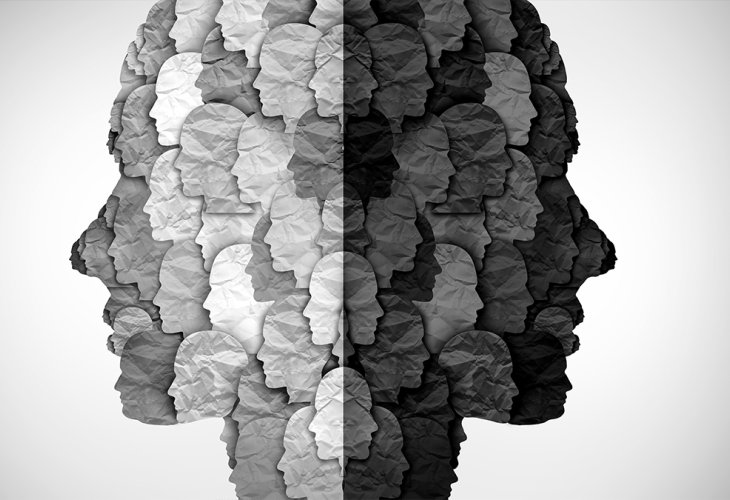Jewish Law
Is Liberalism a Frankenstein's Monster?
A thought-provoking examination of how liberalism has been transformed from a social tool into a destructive and intolerant ideology
 (Photo: shutterstock)
(Photo: shutterstock)Most people know the story about Frankenstein the scientist and his monster. I'd like to use it as an analogy for a societal development that should give us all pause for thought. I'm not referring to some people's concerns that AI is about to take over the world with robots that kill or enslave their human creators. No, something much simpler.
***
One of the distinguishing features in many modern societies is their wide range of peoples and opinions. One of the basic conditions for maintaining social harmony is the ability to accept others even if they are unlike you, perhaps even radically different from you. When people cannot tolerate the opinions (or even the existence) of others unlike them, this is a guaranteed recipe for dispute and disaster.
The truth is that this idea applies even to superficially homogenous societies with one prevailing culture, race, and religion. Our Sages said: "Just as their faces differ – so do their opinions differ." In other words, humans find it extraordinarily hard to agree with each other on anything. This can lead to war -- or it can lead to a fruitful exchange of ideas where people have enough humility to consider a way of thinking unlike their own.
Many humans are quite fed up with wars and for good reason. Accordingly, many humans think that a great way to ensure harmony is to embrace liberalism and tolerance. The idea is that once everyone is free to think and believe what they like, with no one interfering to tell them whether they're right or wrong, this world will become some kind of paradise.
It's important to note that the traditional conception of liberalism is a means to an end. Maintaining the peace is the goal; tolerating those who are different from us is, supposedly, a great way to get there.
But what happens when people take the means and turn it into an end?
You might think: Big deal. If the end-result is still a harmonious society, then what does it matter how we get there? But it matters a great deal. Let's examine why.
***
If liberalism is a means, it serves us. It gives us the opportunity to broaden our horizons and enrich our knowledge, to examine new perspectives, and of course to accommodate others even when they think differently. The Torah tells us: "Who is wise? One who learns from every person."
If liberalism is a means, then as long as it achieves its purpose, that's wonderful. However, if upon closer analysis we realize that it's failing, we jettison it. We don't cling to the means and sacrifice the end. That would be crazy.
If we look around us, and find that this "liberalism tool" is not increasing harmony but rather destroying it, then it would seem to be time for a reassessment. Are liberal societies more harmonious? Or are the liberal standard-bearers merely using their flags to impose their views on everyone else in the name of toleration?
Are the people preaching toleration increasing harmony, or are they using their harmony stick to beat anyone who disagrees with their ideas?
***
But it goes further. Those who see liberalism as the goal rather than the means have reinterpreted it to mean that "anything goes." Not only that -- they believe that anyone who disagrees and thinks that there are things that should never be allowed to go is undeserving of having an opinion.
Therefore, shielding oneself and one's children from "liberal" ideas is seen as intolerant and unacceptable.
Therefore, believing that there are absolutes rather than just a range of equally valid opinions is seen as "fundamentalist" and unacceptable.
This is what happens when a means becomes the end. Endless strife, intolerance in the name of toleration, enforced ideology in the name of freedom.
And who even remembers that the original goal was to stop wars from happening, to respect all men and live in harmony?
So, what's the answer? It seems clear that a society built on "anything goes" is destined to fracture and fragment. There is a better way, one which our Torah outlines for us. It is to genuinely seek truth and peace based on what is divine in each and every one of us.

